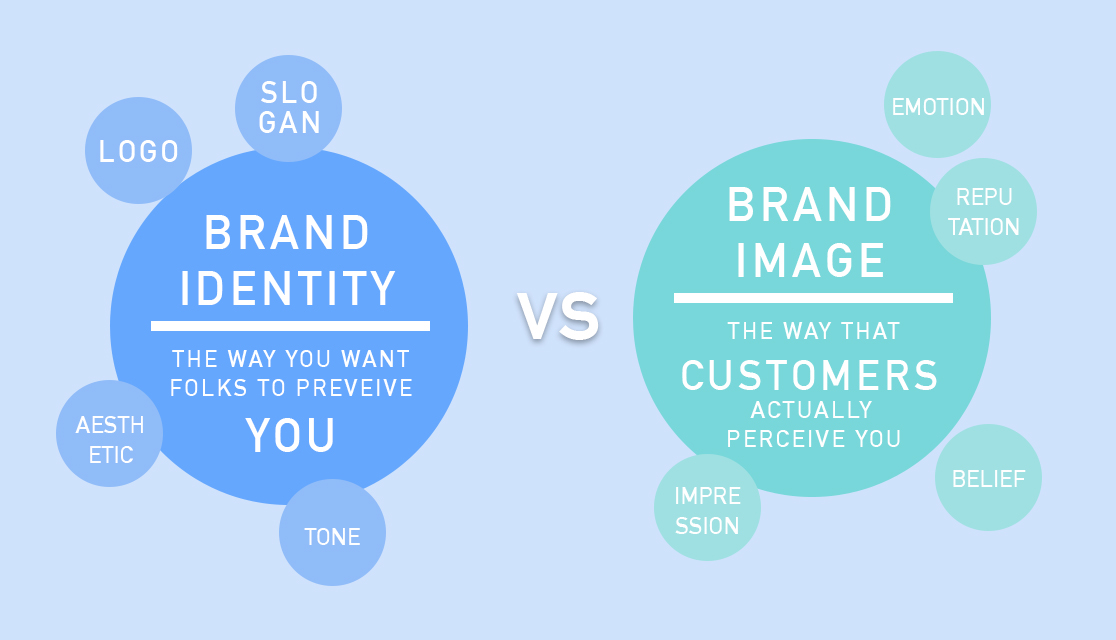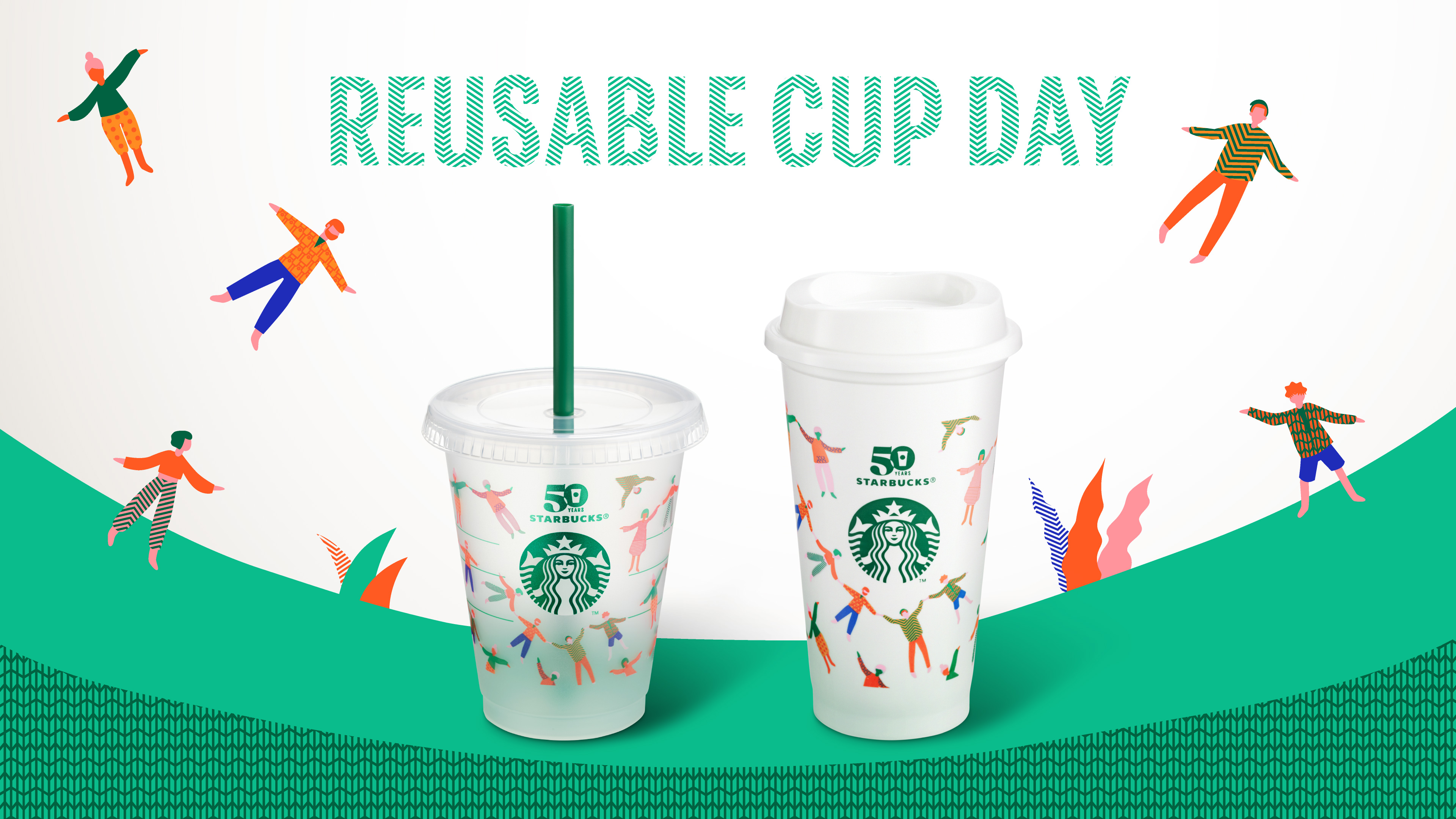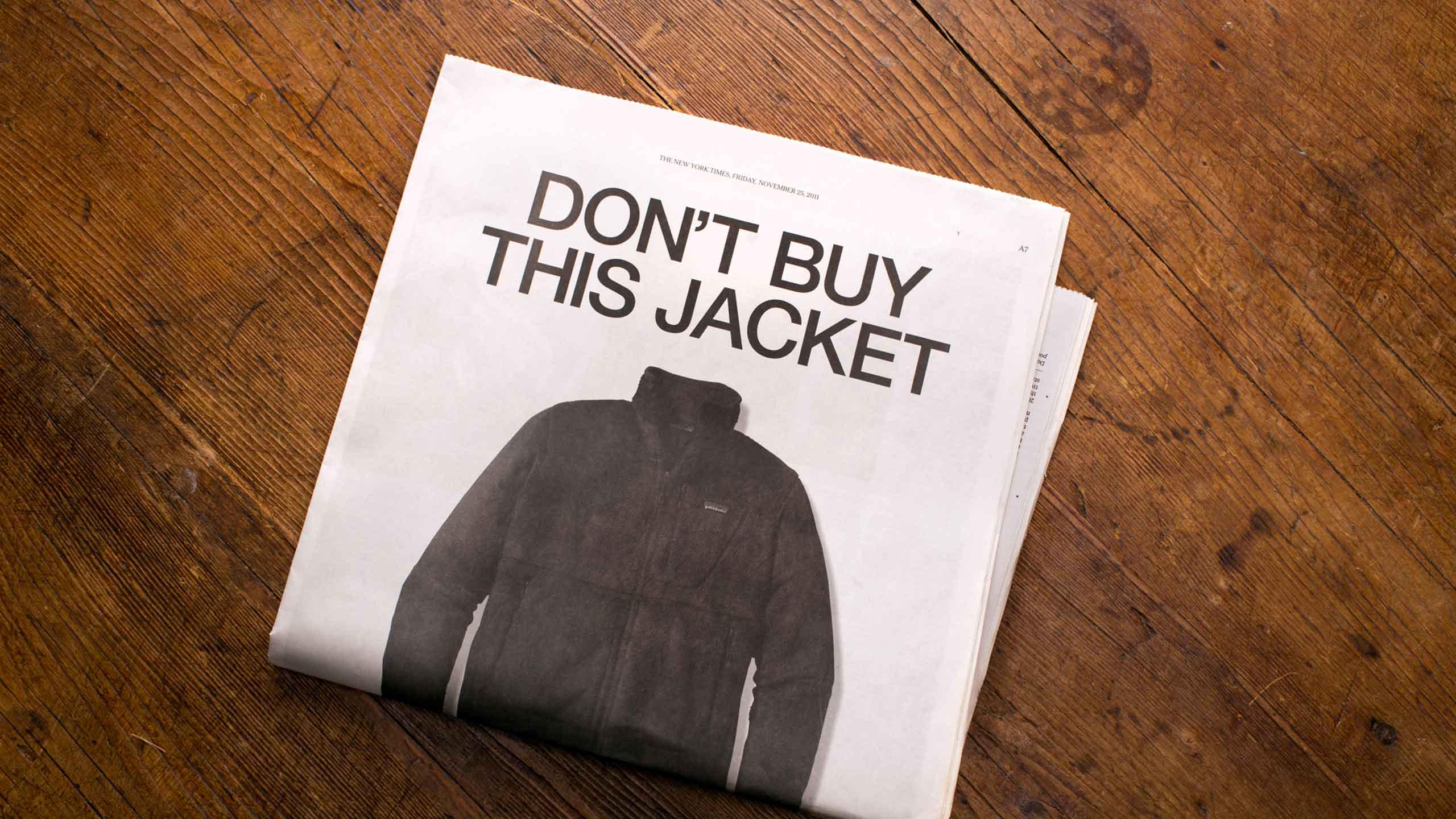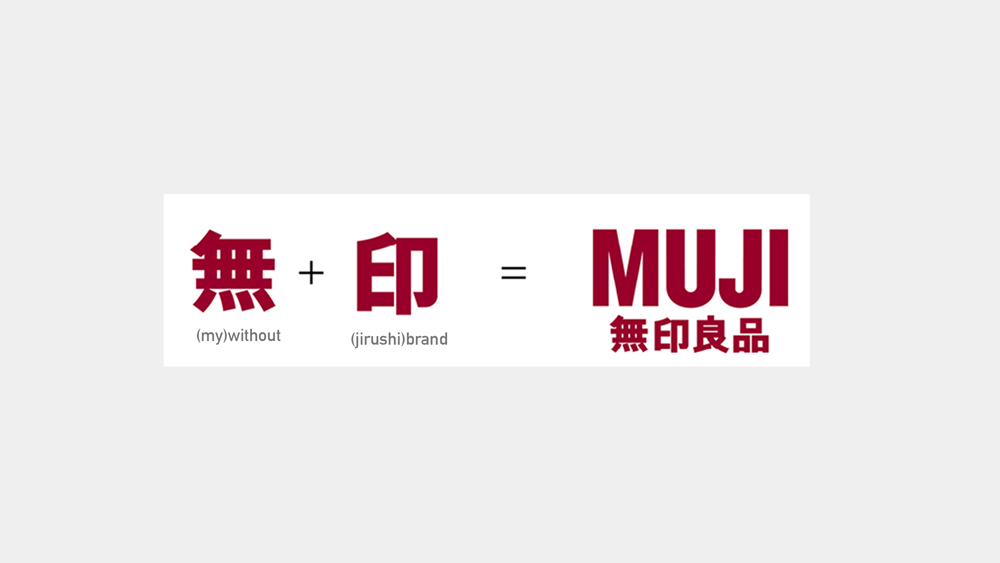What do people say about your business? Do they rave about friendly staff, spotless packaging, or speedy service? Every interaction shapes your brand image, and it plays a bigger role in your success than you might realize. Whether you run a local shop, an online store, or a small café, how your brand is perceived can influence trust, loyalty, and customer choice.
What is Brand Image?
Brand image is the perception people form when they hear your name, see your logo, or visit your store or website. It’s built from everything customers experience—your packaging, colors, logo, customer service, social media posts, and even how your employees behave.
For example, imagine a juice bar. If customers describe it as “fresh, friendly, and eco-conscious,” that’s the brand image it has created. However, if some mention, “The drinks are good, but the service is slow,” it highlights areas for improvement. The key takeaway: your brand already has an image, whether you actively shape it or not.
Brand Identity vs. Brand Image
These two terms are often confused, but they are complementary:
- Brand Identity – This is what you create: your logo, colors, fonts, tagline, messaging, and overall aesthetic. It’s how you want the world to see your brand.
- Brand Image – This is what your audience perceives based on their experiences with your brand. Even with a polished website or stylish logo, a poor product or unfriendly service can harm your image.
Think of it this way: brand identity is under your control, while brand image is shaped by your audience. When both align, you build a strong, trustworthy, and memorable brand.
Why Brand Image is Critical
A well-crafted brand image influences customer trust, loyalty, and repeat business. Consider these examples:
- Starbucks – Beyond the warm cup and cozy ambiance, Starbucks strengthened its image by focusing on Fair Trade beans, reusable cups, and inclusive marketing. Their consistent choices reinforced trust and social responsibility.
- Patagonia – Known for adventure and environmental activism, Patagonia made bold decisions, like discouraging unnecessary purchases and taking legal action to protect public lands. These moves strengthened its image as genuine, ethical, and purpose-driven.
- Muji – The minimalist retailer thrives without flashy logos or aggressive advertising. Plain packaging, tidy stores, and durable products convey honesty, simplicity, and reliability, appealing to customers seeking quality over hype.
Building a Strong Brand Image
Your brand image evolves with every interaction. From logos to emails, social media posts to customer service, every touchpoint influences perception. For small businesses, the foundation of a strong brand is honesty, consistency, and authenticity. When customers associate your name with trust rather than a hard sell, repeat business follows naturally.
Monitor reviews, listen to feedback, and adapt to trends thoughtfully. Even small adjustments can keep your brand feeling fresh and relevant. In the long run, a bright, honest, and consistent brand image becomes one of your most valuable assets.Why Your Brand Image Matters More Than You Think
What do people say about your business? Do they rave about friendly staff, spotless packaging, or speedy service? Every interaction shapes your brand image, and it plays a bigger role in your success than you might realize. Whether you run a local shop, an online store, or a small café, how your brand is perceived can influence trust, loyalty, and customer choice.
What is Brand Image?
Brand image is the perception people form when they hear your name, see your logo, or visit your store or website. It’s built from everything customers experience—your packaging, colors, logo, customer service, social media posts, and even how your employees behave.
For example, imagine a juice bar. If customers describe it as “fresh, friendly, and eco-conscious,” that’s the brand image it has created. However, if some mention, “The drinks are good, but the service is slow,” it highlights areas for improvement. The key takeaway: your brand already has an image, whether you actively shape it or not.
Brand Identity vs. Brand Image
These two terms are often confused, but they are complementary:
- Brand Identity – This is what you create: your logo, colors, fonts, tagline, messaging, and overall aesthetic. It’s how you want the world to see your brand.
- Brand Image – This is what your audience perceives based on their experiences with your brand. Even with a polished website or stylish logo, a poor product or unfriendly service can harm your image.
Think of it this way: brand identity is under your control, while brand image is shaped by your audience. When both align, you build a strong, trustworthy, and memorable brand.
Why Brand Image is Critical
A well-crafted brand image influences customer trust, loyalty, and repeat business. Consider these examples:
- Starbucks – Beyond the warm cup and cozy ambiance, Starbucks strengthened its image by focusing on Fair Trade beans, reusable cups, and inclusive marketing. Their consistent choices reinforced trust and social responsibility.
- Patagonia – Known for adventure and environmental activism, Patagonia made bold decisions, like discouraging unnecessary purchases and taking legal action to protect public lands. These moves strengthened its image as genuine, ethical, and purpose-driven.
- Muji – The minimalist retailer thrives without flashy logos or aggressive advertising. Plain packaging, tidy stores, and durable products convey honesty, simplicity, and reliability, appealing to customers seeking quality over hype.
Building a Strong Brand Image
Your brand image evolves with every interaction. From logos to emails, social media posts to customer service, every touchpoint influences perception. For small businesses, the foundation of a strong brand is honesty, consistency, and authenticity. When customers associate your name with trust rather than a hard sell, repeat business follows naturally.
Monitor reviews, listen to feedback, and adapt to trends thoughtfully. Even small adjustments can keep your brand feeling fresh and relevant. In the long run, a bright, honest, and consistent brand image becomes one of your most valuable assets. , Consider it this way: Your brand identity is under your control. Your brand image is determined by your audience. Your brand image may suffer even if you have a sleek website and a cool logo, if your customer service is unfriendly or your product falls short of expectations.,The two components of brand identity and brand image function as a cohesive unit:,When everything comes together properly, you can build a strong brand that people remember and trust.,Your brand image has a direct impact on how customers view your company, their level of trust, and their likelihood of returning. Here’s why it’s so important:,Most of us picture a warm cup when we step into a Starbucks, and the store keeps coming up because it usually nails that cozy vibe. A few years back, though, the chat turned serious-real serious-around Fair Trade labels, plastic waste, and honest-to-goodness community care. The chain answered by rolling out programs that push for reusable cups, beans logged with an ethic badge, and ads that finally speak to more faces in the crowd.
, Consider it this way: Your brand identity is under your control. Your brand image is determined by your audience. Your brand image may suffer even if you have a sleek website and a cool logo, if your customer service is unfriendly or your product falls short of expectations.,The two components of brand identity and brand image function as a cohesive unit:,When everything comes together properly, you can build a strong brand that people remember and trust.,Your brand image has a direct impact on how customers view your company, their level of trust, and their likelihood of returning. Here’s why it’s so important:,Most of us picture a warm cup when we step into a Starbucks, and the store keeps coming up because it usually nails that cozy vibe. A few years back, though, the chat turned serious-real serious-around Fair Trade labels, plastic waste, and honest-to-goodness community care. The chain answered by rolling out programs that push for reusable cups, beans logged with an ethic badge, and ads that finally speak to more faces in the crowd.  ,Adventure and the great outdoors are central to Patagonia’s brand, but its audacious environmental activism is what really makes it stand out. Patagonia didn’t just follow trends as worries about climate change increased; it took the lead by strengthening its eco-conscious brand.,The brand made calculated choices that might have been viewed as risky, such as advising consumers against purchasing new clothing and suing the US government over public land protections, rather than changing for mass appeal. The brand’s reputation as genuine, moral, and purpose-driven was enhanced by these acts.,
,Adventure and the great outdoors are central to Patagonia’s brand, but its audacious environmental activism is what really makes it stand out. Patagonia didn’t just follow trends as worries about climate change increased; it took the lead by strengthening its eco-conscious brand.,The brand made calculated choices that might have been viewed as risky, such as advising consumers against purchasing new clothing and suing the US government over public land protections, rather than changing for mass appeal. The brand’s reputation as genuine, moral, and purpose-driven was enhanced by these acts., ,Muji shows that a business can grab attention without flashy logos or loud ads. The Japanese retailer sticks to plain packaging, tidy shop layouts, and goods that hold up over time.,Shoppers who chase quality without frills usually warm to this low-key style. In a retail world packed with noisy brands, Muji comes across as calm, honest, and easy to trust.,
,Muji shows that a business can grab attention without flashy logos or loud ads. The Japanese retailer sticks to plain packaging, tidy shop layouts, and goods that hold up over time.,Shoppers who chase quality without frills usually warm to this low-key style. In a retail world packed with noisy brands, Muji comes across as calm, honest, and easy to trust., ,
,
,Your brand image is basically what the outside world thinks about you, and that opinion gets nudged every time someone sees your logo, reads your emails, or chats with customer service. If youre running a small business, people say a strong brand springs from honesty, consistency, and the guts to stick to your word. When the public spots your name and feels trust instead of sell-me-something anxiety, you win repeat customers without even trying. That image doesnt sit still-it grows and shrinks as your company does, so pay attention to new reviews, old rumors, and the latest buzz. Sometimes a tiny tweak can keep things from feeling stale, and in the long haul a bright, honest brand ends up being one of your best safety nets.





